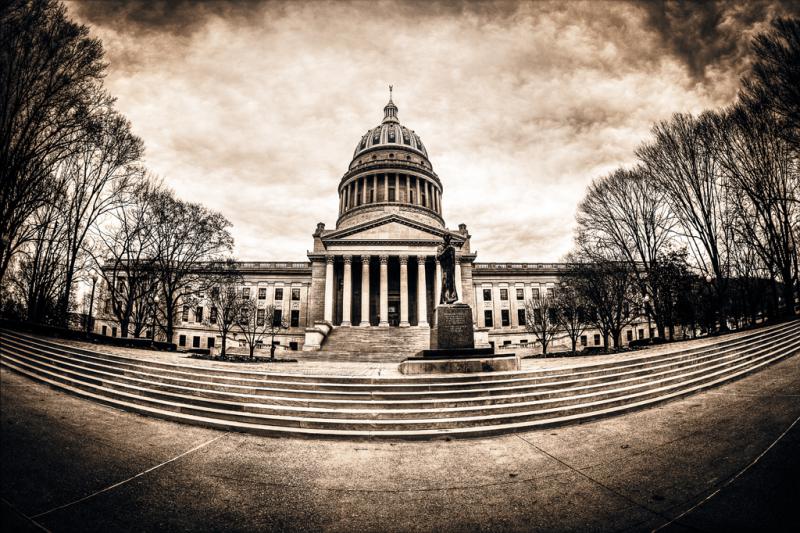
As the West Virginia legislature enters the second week of deliberations during the 2016 Special Session, Americans for Tax Reform is urging lawmakers to focus on spending restraint instead of tax increases to address the state’s $270 million shortfall. Unfortunately, Gov. Earl Ray Tomblin (D-W.Va.) has limited the options of the legislature in his narrow call for session, and has proposed tax hikes as the ultimate solution to the state’s overspending problem.
Among the most significant elements of the tax increases being considered is a tobacco tax hike, which would disproportionately harm low-income consumers and border communities. SB 1005 would increase the cigarette tax by 45 cents per pack, raise the wholesale tax on other tobacco products to 12 percent, and impose a new 7.5 cents per mL tax on the liquid contained in tobacco-free electronic cigarettes and vapor products.
ATR outlined our opposition to these proposals in a February letter to the legislature, which can be read here.
In urging the legislature to focus on spending restraint instead of tax hikes during the Special Budget Session, ATR president Grover Norquist and Americans for Prosperity – WV state director Jason Huffman (AFP) have jointly authored a letter explaining:
“Imposing tax hikes on residents will do little to make West Virginia more attractive to investment or stop residents from continually fleeing to other states.”
They explain further:
“West Virginia does not have a revenue problem; the state government has an overspending problem. At $12,910, per-capita government spending in West Virginia was the third highest in the nation in 2014. It should be noted that the two states with higher per-capita spending – Alaska and Wyoming – don’t impose income taxes and currently have among the lowest tax burdens among any states.”
There are still significant elements of the budget that contain waste, cost overruns, and abuse that the legislature should work to eliminate.
“An estimated $100 million a year is wasted by bureaucrats on Medicaid because of improperly awarded managed care contracts obtained without competitive bidding.
Similar waste exists at the Division of Highways, where Deloitte identified 15 instances of waste that cost taxpayers $25-50 million a year in cost overruns because of the inefficient use of resources.”
ATR will closely monitor deliberations and continue to urge lawmakers to focus on spending restraint, budget transparency, and government reform instead of tax hikes in the coming days and weeks.
Click here to read the ATR-AFP coalition letter to lawmakers.

